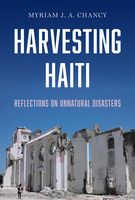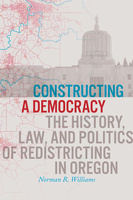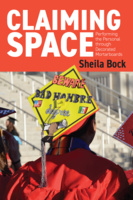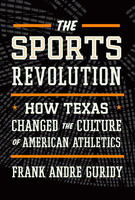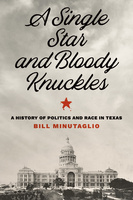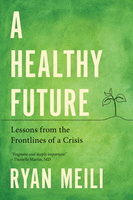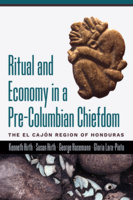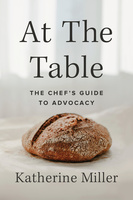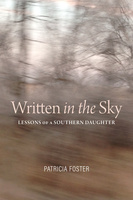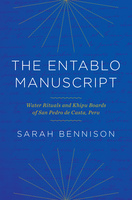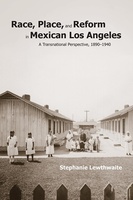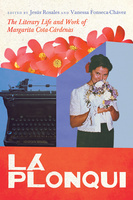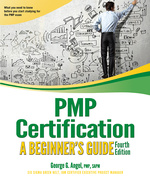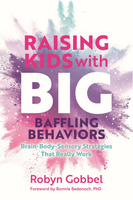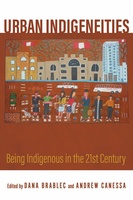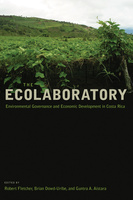Harvesting Haiti
Reflections on Unnatural Disasters
This collection ponders the personal and political implications for Haitians at home and abroad resulting from the devastating 2010 earthquake.
Constructing a Democracy
The History, Law, and Politics of Redistricting in Oregon
Every ten years, states go through the process of redistricting: choosing how to divide up and apportion their state and federal legislative districts. How the districts are drawn can determine which party wins the district and therefore controls the legislature or Congress. Although the process may be different in every state, the questions are the same: Who draws the maps? Who can prevent gerrymandering? What power do legislatures, governors, courts, and political parties have to influence the process and the outcomes?
In Constructing a Democracy, legal scholar Norman Williams presents a comprehensive history of legislative and congressional redistricting in Oregon. Because redistricting impacts the representativeness of the ensuing legislative body, Oregon’s constitutional framers, legislators, and courts alike have understandably focused on developing legal rules to constrain the redistricting process. Williams is primarily interested in identifying and understanding the scope of those rules: What legal constraints have existed over time? How aggressively have the courts enforced those restraints? How have political actors undertaken the redistricting task in light of the various rules and the judicial pronouncements regarding those constraints?
The redistricting process in Oregon has not drawn national attention the way it has in states like North Carolina and Pennsylvania. But the process in Oregon is notable in several ways, including an early attention to malapportionment, the use of the initiative to reform the process, and the impact of women leaders on the redistricting process. The Oregon process, however, has also notably lagged behind other states, particularly in considering issues of race and minority representation and preventing gerrymandering.
Chicana Portraits
Critical Biographies of Twelve Chicana Writers
Claiming Space
Performing the Personal through Decorated Mortarboards
Claiming Space examines the growing tradition of decorating mortarboards at college graduations, offering a performance-centered approach to these material sites of display.
The Sports Revolution
How Texas Changed the Culture of American Athletics
Latinos and Nationhood
Two Centuries of Intellectual Thought
A Single Star and Bloody Knuckles
A History of Politics and Race in Texas
Mama Said
Stories
Original stories of Black family life in Louisville, Kentucky, for readers of Dantiel Moniz (Milk Blood Heat) and Kai Harris (What the Fireflies Knew).
“Surprising and revelatory. . . . I love this book.” —Stephanie Powell Watts, author of No One Is Coming to Save Us
Fighting Feelings
Lessons in Gendered Racism and Queer Life
Fighting Feelings investigates the lived experiences of women of colour to reveal the complex ways that white supremacy is felt, endured, and navigated.
A Healthy Future
Lessons from the Frontlines of a Crisis
This riveting insider’s account of how the COVID-19 pandemic unfurled in one of Canada’s hardest-hit provinces draws on the lessons learned to provide a hopeful vision for building a healthier future.
Republican Vietnam, 1963–1975
War, Society, Diaspora
Migrant Ecologies
Environmental Histories of the Pacific World
Embodying Xuanzang
The Postmortem Travels of a Buddhist Pilgrim
Building a Republican Nation in Vietnam, 1920–1963
Alternate Currents
Reiki’s Circulation in the Twentieth-Century North Pacific
Ritual and Economy in a Pre-Columbian Chiefdom
The El Cajón Region of Honduras
This volume examines the organization and ritual economy of a pre-Columbian chiefdom that developed in central Honduras over a 1,400-year period from 400 BC–AD 1000.
An Appeal in Favor of That Class of Americans Called Africans
Revised and Updated Edition
At the Table
The Chef's Guide to Advocacy
In At the Table, Miller presents the essential techniques she developed for the James Beard Foundation’s Chefs Boot Camp for Policy and Change. Readers will learn how to focus their philanthropic efforts; pinpoint their audience and develop their argument; recruit allies and support action; and maybe most importantly, grab people’s attention in a crowded media landscape. You don’t have to be a celebrity chef to change the food system; you just need the will and the tools in this unique guide.
Written in the Sky
Lessons of a Southern Daughter
The Entablo Manuscript
Water Rituals and Khipu Boards of San Pedro de Casta, Peru
A unique study of an Andean community’s water rituals and the extraordinary document describing how they should be performed.
Race, Place, and Reform in Mexican Los Angeles
A Transnational Perspective, 1890-1940
Mexico’s Valleys of Cuicatlán and Tehuacán
From Deserts to Clouds
Mexico’s Valleys of Cuicatlán and Tehuacán provides an accessible overview of an extraordinary region of Central Mexico. Through firsthand experience and engaging prose, the authors provide a synthesis of the environment, plants, and peoples of the valleys, showing their importance and influence as Mesoamerican arteries for environmental and cultural interchange through Mexico.
La Plonqui
The Literary Life and Work of Margarita Cota-Cárdenas
This volume’s essays analyze her work’s themes of Chicana identity, the Chicanx movement, and the sociopolitical climate of Arizona and the larger U.S.-Mexico border region, as well as issues of gender, sexuality, and identity related to the Chicanx experience over time.
PMP Certification
A Beginner's Guide, Fourth Edition
Project management is in everything we do, from our personal lives to our professional careers. It is the fastest growing profession in the world and the skills learned in this book can be used for any sort of project, large or small: setting up a small business; planning a wedding, family vacation, company picnic, and major events; and organizing construction or aerospace projects.
Dixie Heretic
The Civil Rights Odyssey of Renwick C. Kennedy
Bowed Some, Chanted a Little
Philip Whalen's Zen Journals and the San Francisco Renaissance
Where Do I Start?
How to navigate the emotional journey of autism parenting
Raising Kids with Big, Baffling Behaviors
Brain-Body-Sensory Strategies That Really Work
Raising an ADHD Child
A Handbook for Parents of Distractible, Dreamy and Defiant Children
A practical guide to parenting children with ADHD, written by two experienced former teachers in the field of ADHD and Neurodiversity, Zoe Beezer and FIn O’Regan. Chapters include guidance on: medication, diagnosis, hyperfocus, working with schools, creating structure and routines, planning for the future and navigating the teenage years.
Myofascial Induction™ Volume 2: The Lower Body
An Anatomical Approach to the Treatment of Fascial Dysfunction
Volume 2 of this two-book set summarizes and expands on the theoretical aspects covered in Volume 1, and explains the therapeutic procedures of MIT for the thoracic and lumbar spine, the pelvis, and the lower body with full colour photographs of non-embalmed cadavers.
Myofascial Induction™ 2-volume set
An Anatomical Approach to Fascial Dysfunction
Dreamer Nation
Immigration, Activism, and Neoliberalism
Black Again
Losing and Reclaiming My Racial Identity
A memoir exploring the psychological impact of cultural assimilation and internalized racism.
Urban Indigeneities
Being Indigenous in the Twenty-First Century
Increasing numbers of Indigenous peoples are living in cities, yet the vast majority of studies focus solely on rural Indigenous populations. This is the first book to look at urban Indigenous peoples globally and present the urban Indigenous experience—not as the exception but as the norm. Dismissing the false idea that indigeneity is only “authentic” when it is practiced in remote rural areas, these wide-ranging essays show that a vigorous, vibrant, and meaningful indigeneity can be created in urban spaces too and offers perspectives and tools to understand a contemporary Indigenous urban reality.
The Ecolaboratory
Environmental Governance and Economic Development in Costa Rica
Despite its tiny size and seeming marginality to world affairs, the Central American republic of Costa Rica has long been considered an important site for experimentation in cutting-edge environmental policy. This book frames Costa Rica as an “ecolaboratory” and asks what lessons we can learn for the future of environmental governance and sustainable development both within the country and elsewhere.

